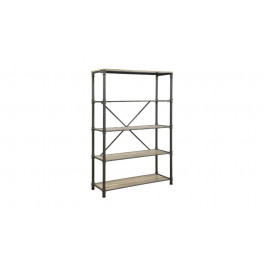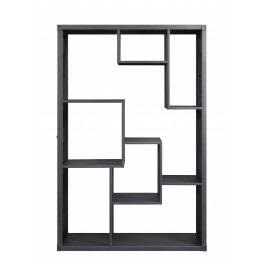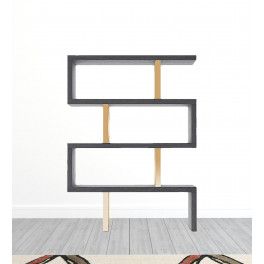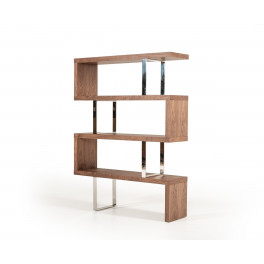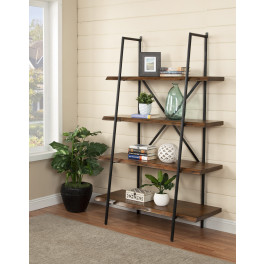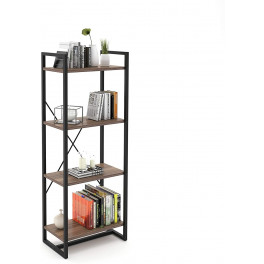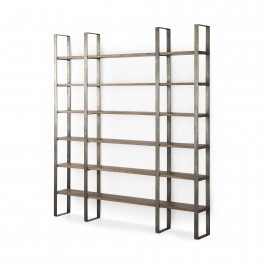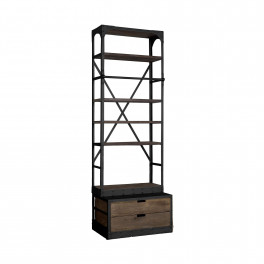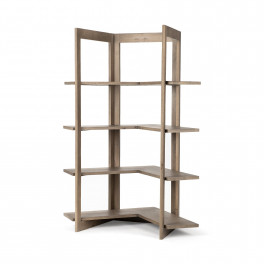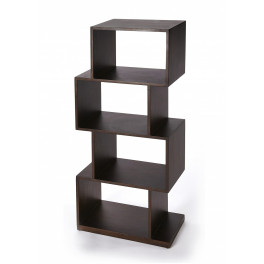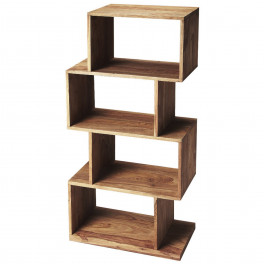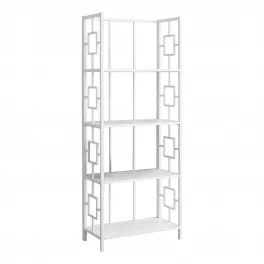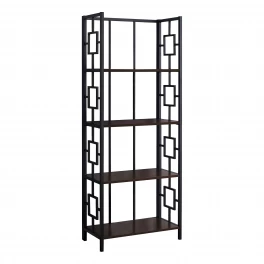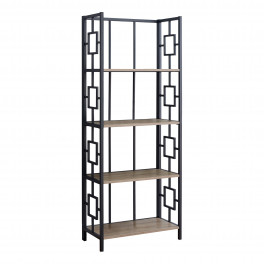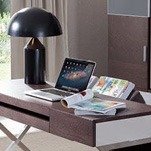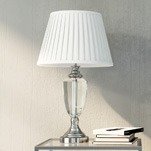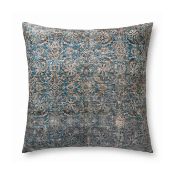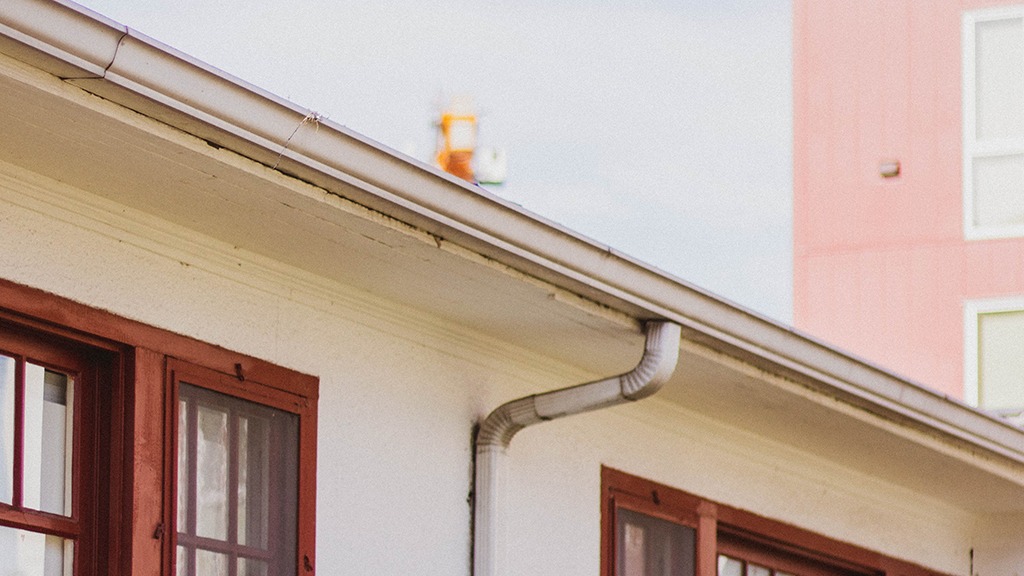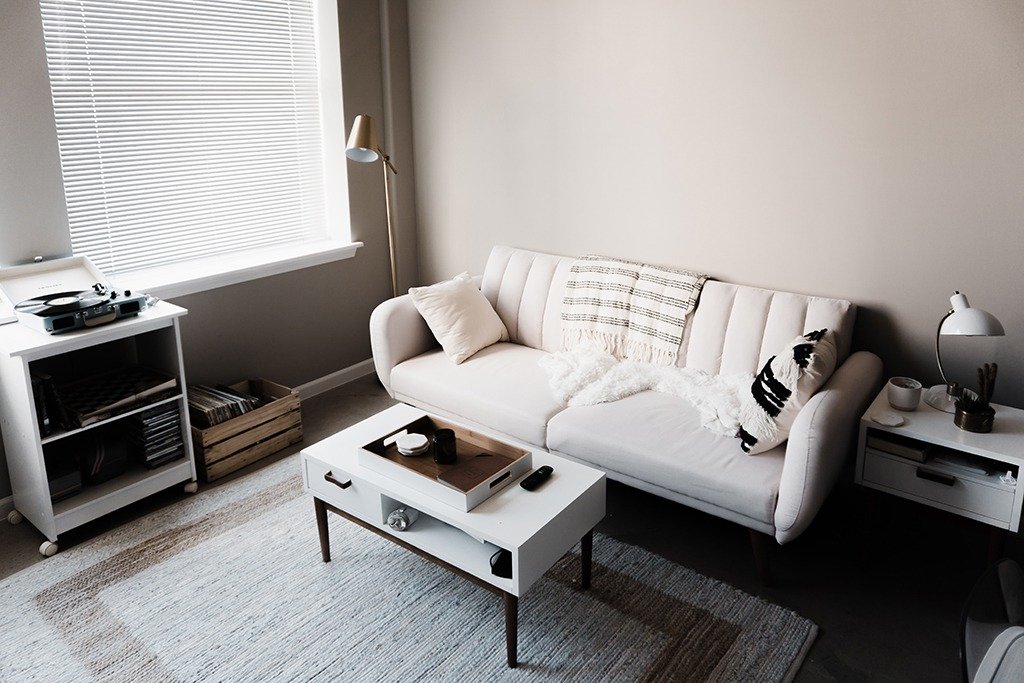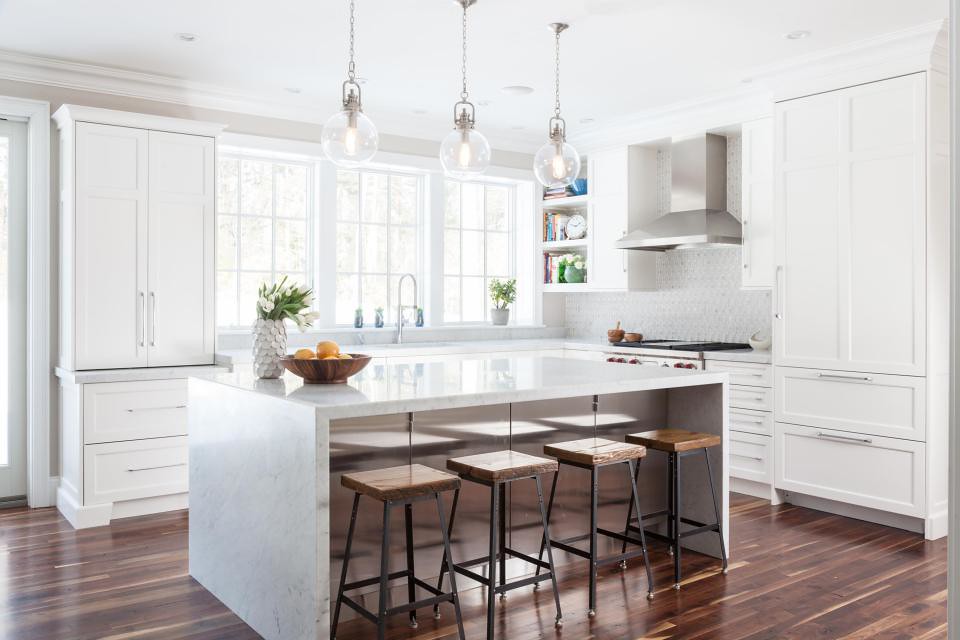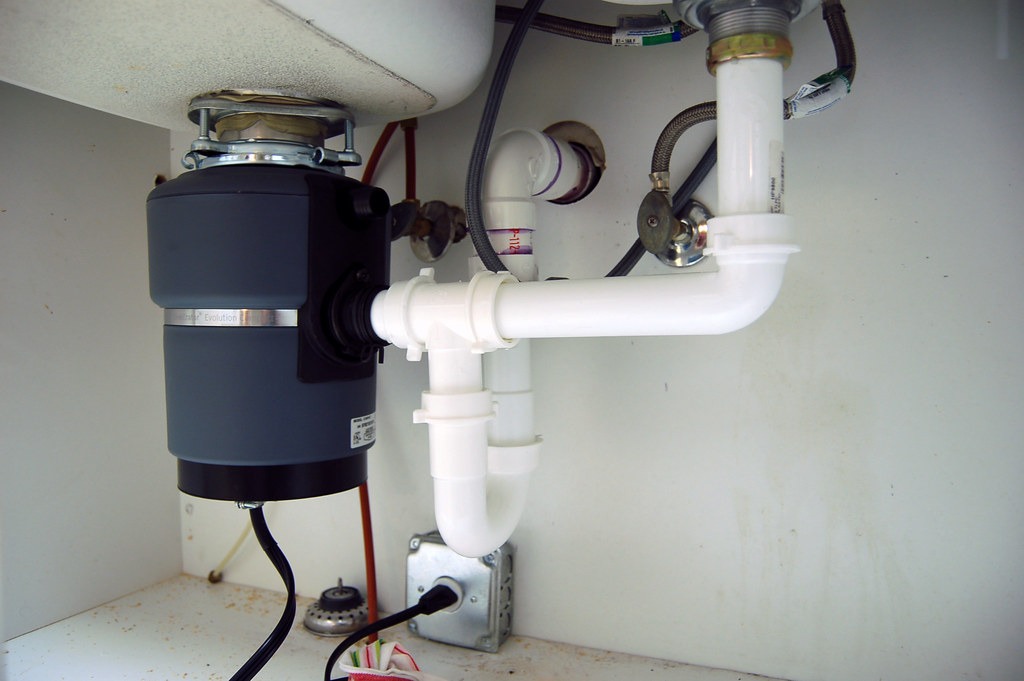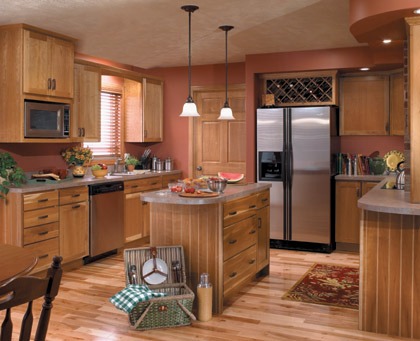Tool efficiency and accessibility — These are absolute must-haves when you’re gearing up to tackle a home DIY project. You need the right tools at the right time, in the right place. There’s no doubt about that. But how do you carry “all the things” with you, all the time?
My friends, it’s time to work on your toolbelt.
Whether you’re new to the world of tools or you’re an old pro, it’s always nice to take a step back and think about how to assemble a toolbelt. While there’s always some variation in the type of tools you need from one project to the next, there are definitely some tool mainstays as well as tried-and-true organizational principles to keep in mind as you put your tool belt together.
Toolbelt Basics
Tool belt systems vary from one brand and model to the next, but they usually include a strap (“belt”) and several pockets.
Each pocket has its purpose. A standard toolbelt generally has two large pockets that hang toward the front to the side of each thigh (you can turn the belt around if you prefer these bags to hand in the back), in addition to one or more smaller ones for objects such as nails, screws, and staples.
Leather and nylon are the two most popular types of materials used to make a toolbelt. Let me just say that everyone, from construction workers and inspectors to your everyday homeowner has an opinion on what type of tool belt material is the best
My father is a fan of nylon tool belts, but I love the fit and feel of a nice leather one. There are pros and cons to each:
- Leather: Sturdy and durable. Once worn enough, the leather becomes soft and pliable, without losing said durability. Leather stands the test of time, but it’s relatively heavy.
- Nylon: Lightweight and remarkably strong, nylon is a great material if you’re working in the elements or don’t want to lug extra weight around your waist. However, they’re not as comfortable as leather varieties.
There’s a pretty significant variation from one toolbelt to the next, and even between types of leather or nylon. It goes without saying, but the only way to really know if a toolbelt feels right is to try it out for yourself!
Toolbelt Features
Visit any hardware or improvement store and you’ll find a slew of toolbelts ranging in price and quality. These pre-made tool belts are ideal if you’re tackling simple projects around your home.
On these standard tool belts, you’ll find anything from clipboard holsters to nail bags and hammer hooks. Just keep searching until you find one you like.
If you’re doing specific work that requires a unique tool belt arrangement, consider designing your own tool belt. Companies like Diamondback Tool belts and Occidental allow buyers to customize the entire belt. So, if you’re in dire need of a drill holster, framing tool bags, suspenders, or a pouch with multiple pockets, you can find exactly what you’re looking.
While they’re usually more expensive, a personalized tool belt is usually the most efficient and effective tool belt choice.
Toolbelt Essentials
What’s in a tool belt? Of course, the answer depends on your project. However, there are several essential tools that will most likely remain in your tool belt from one project to the next.
These include:
- Hammer
- Drill and/or screwdrivers (Phillips-head and flathead)
- Screws and nails
- Writing utensils
- Tape measure
- Miniature level, square
- Pliers, wrench, pry bar

Photo by mihalec on Shutterstock
As you assemble your toolbelt, keep in mind that more isn’t always better. Keep it stocked with the essentials and you’ll be just fine.
Breaking in Your Toolbelt
Once you purchase your tool belt and equip it with everything you need to complete your home DIY project, it’s time to get comfortable.
Are you worried about how to break in a tool belt? Don’t be! The easiest way to break it in is to wear it around.

Photo by kurhan on Shutterstock
Place your tools exactly where you want them in the belt and then do a few small projects around the house. Secure the trim that’s falling off the windowsill. Tighten the fixtures in the bathroom. The more you do, the more your toolbelt will get worn in AND the more you’ll get comfortable with the arrangement of your belt. Oh, and don’t be afraid to change things around to make sure it works for you!
A well-equipped, comfortable, property arranged toolbelt guarantees a more efficient and safe work experience. Assemble the tool belt of your dreams ASAP. You won’t regret it!




